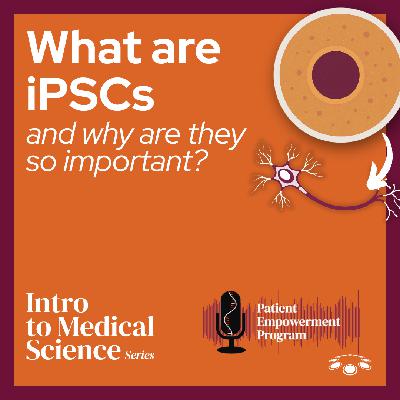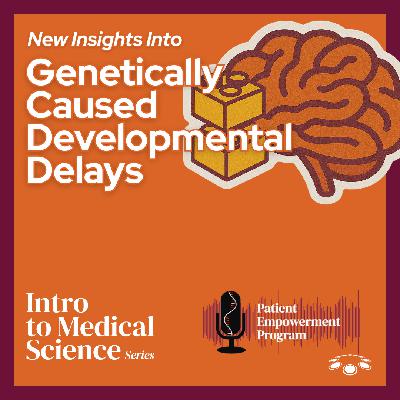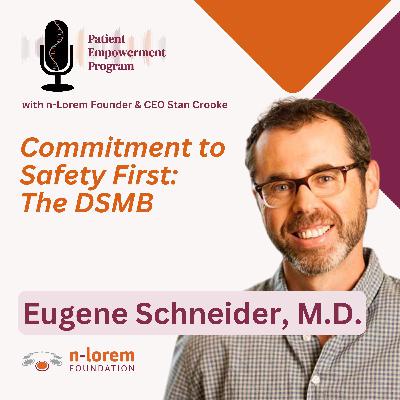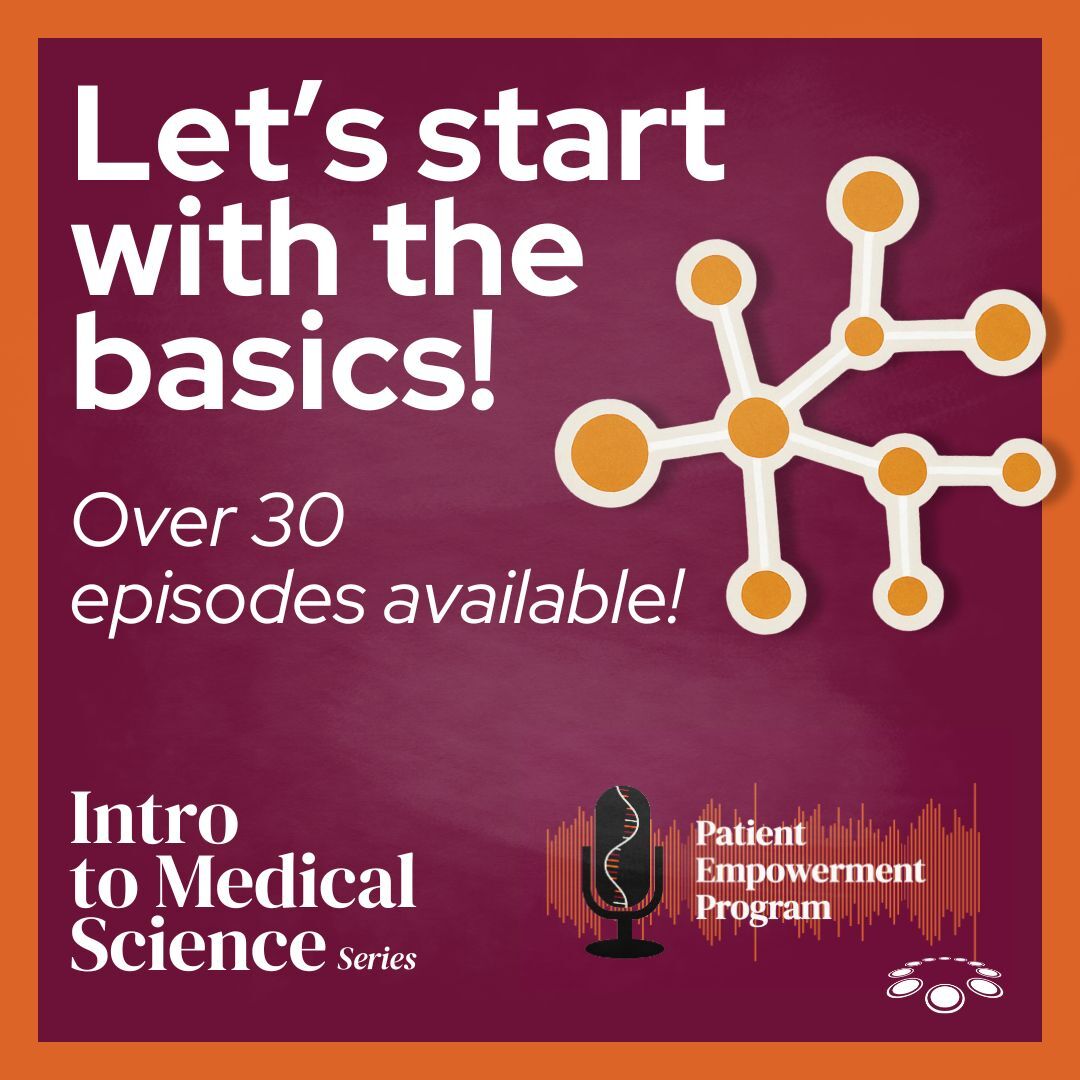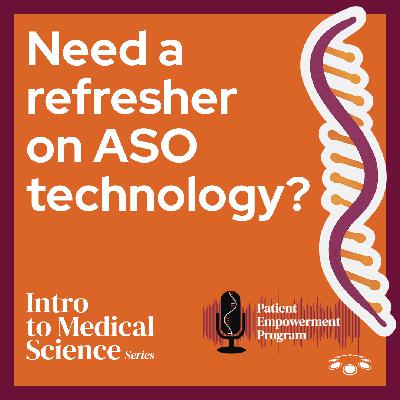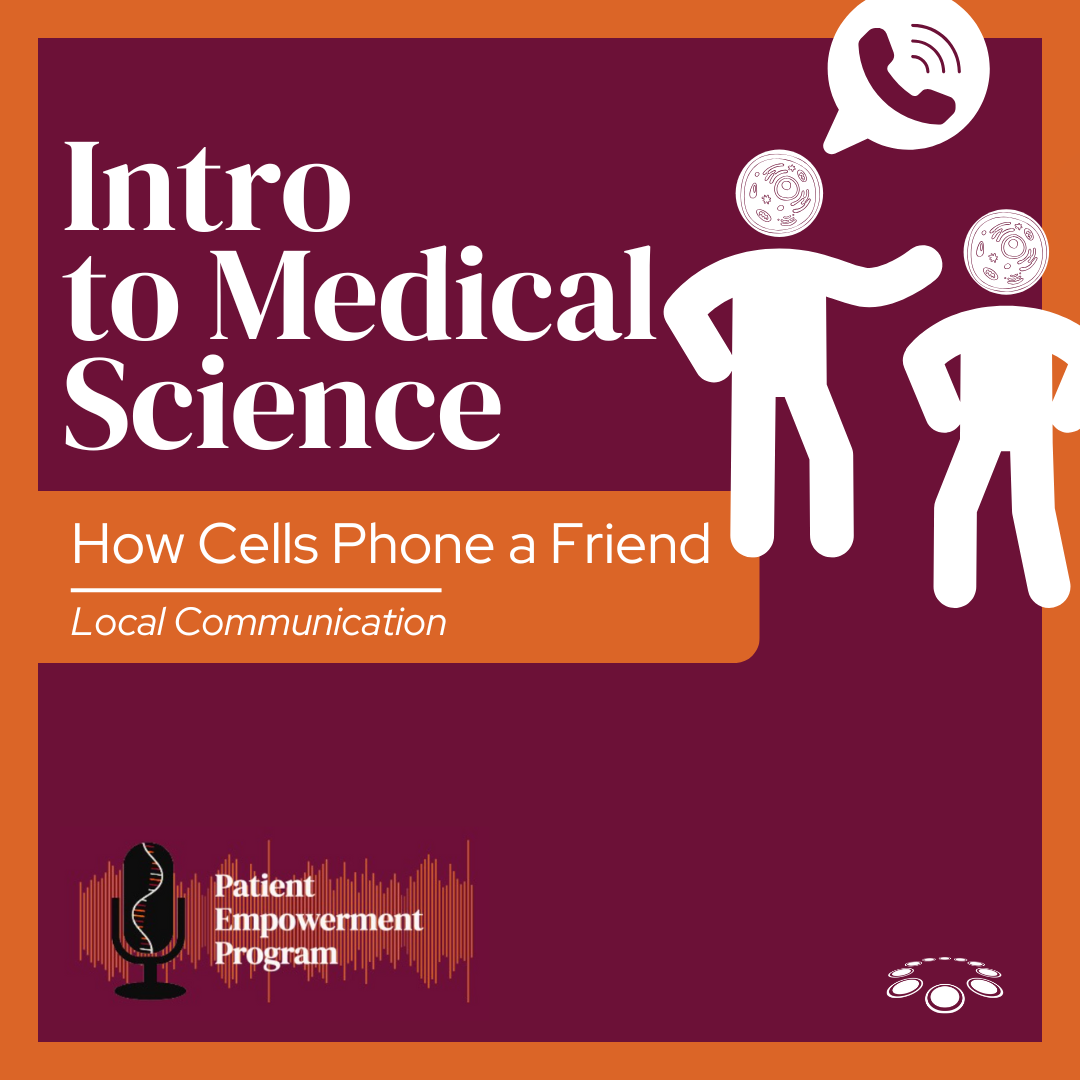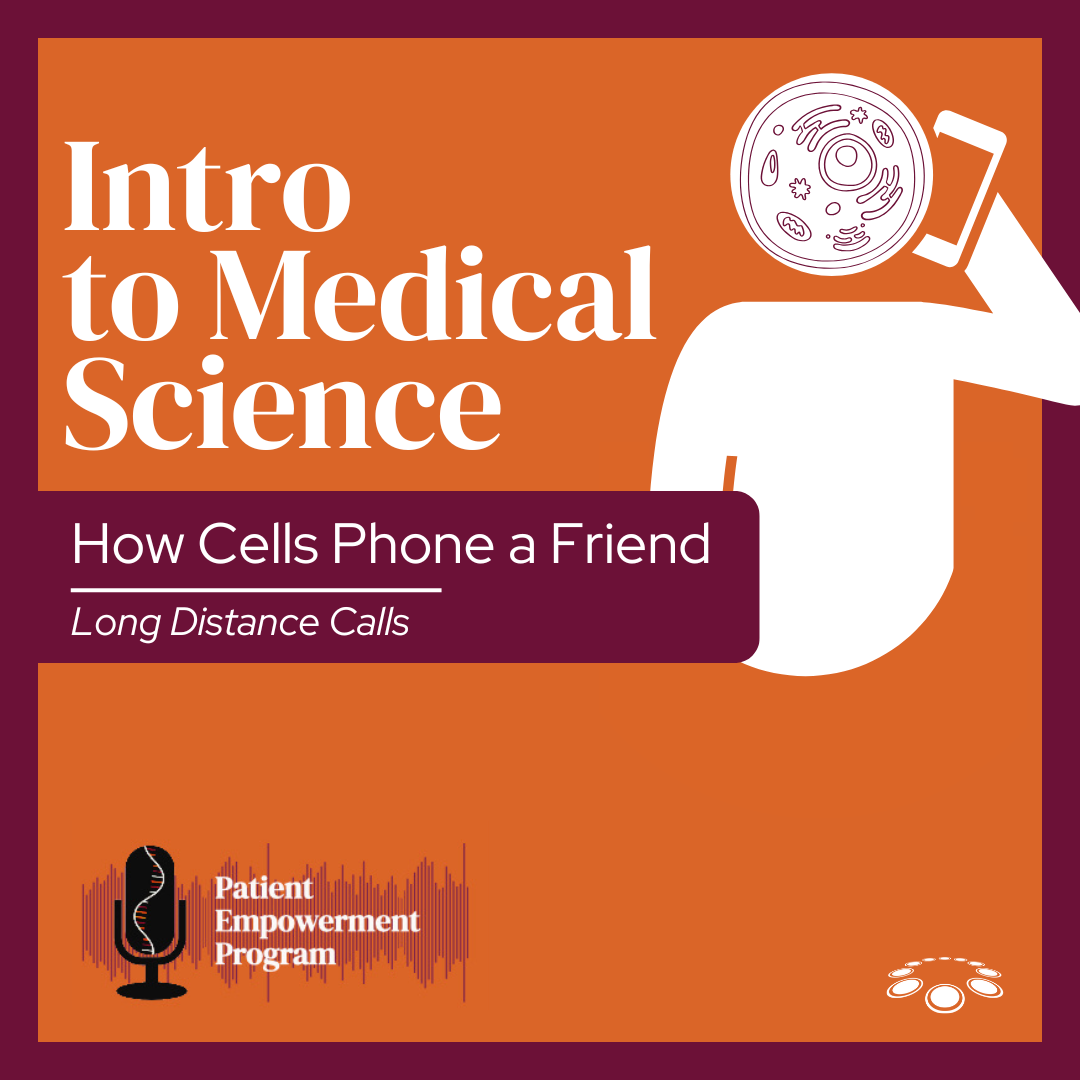What Are iPSCs—and Why Do They Matter?
Description
Induced pluripotent stem cells (iPSCs) are a groundbreaking, and mind-blowing, scientific advancement—one of many that help make it possible for n-Lorem to do what we do. In short, typical skin cells (such as fibroblasts) are taken from an individual and reprogrammed using specific factors to become iPSCs. These iPSCs are then redifferentiated into any desired cell type in the body, such as muscle or liver cells. You can do that? Yes, and we do! The most common cell type that we use at n-Lorem are neurons (nerve cells). These cells are not easily accessible in living humans without serious surgeries and that is why scientists instead use iPSCs to grow them.
On This Episode We Discuss:
1:23 - What are Induced Pluripotent Stem Cells?
5:45 - Chromatin – compressed DNA and proteins
9:13 - Differentiation and de-differentiation
10:26 - Transcription and transcription factors
12:35 - Why are iPSCs important?
15:20 - Making iPSC and re-differentiating them into the cells we study is time consuming and expensive
Important Links:
n-Lorem 2025 Nano-rare Patient Colloquium - https://www.nlorem.org/nano-rare-patient-colloquium-2025/
Support nano-rare with a donation to n-Lorem: https://www.nlorem.org/donate/
Learn about Hongene Biotech: https://hongene.com/

